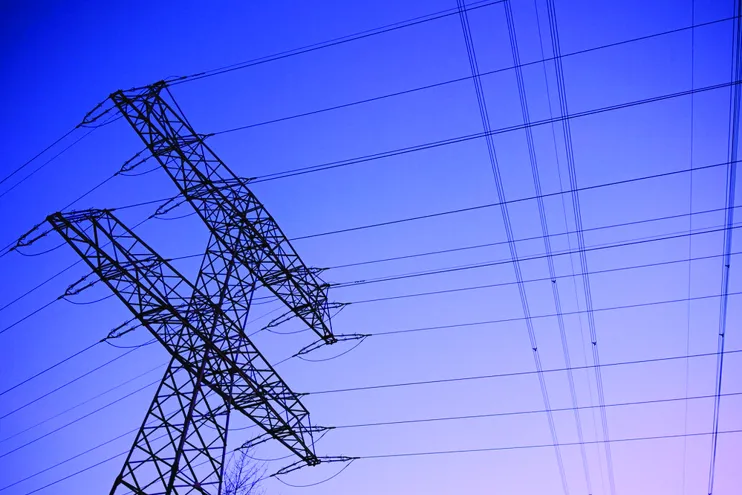The visit is to the Digitising and Making Services team at the University of Edinburgh. It will give the opportunity to visit the photography studio, the makerspace and the AV digitisation studio.
View EventWe are excited to announce an upcoming online seminar focused on the future of Lean methodologies in manufacturing and other high-risk sectors
View EventThe presentation will feature cavity magnetron based radars as used in naval corvettes, B17 flying fortress bombers as well as introduce the British H2S radar.
View EventThis lecture reviews the contributions of British engineers, scientists and entrepreneurs to the worldwide network of undersea cables that today carry 99% of international telecommunications traffic.
View EventAn informal dinner social event, including a talk of general technical interest, and opportunity to meet other members. Attendance is open to all, partners and event newcomers especially welcome.
View Event
Join TSOs and Transmission operators from across the world at this key meeting point for AC and DC power transmission engineers.
View Event
During this course delegates will learn how to create concise evidence to support competences. It also teaches applicants how to avoid revealing sensitive information.
View EventThe rapid move toward all electric and autonomous aerospace systems has increased the demand for actuation technologies capable of delivering safe and reliable performance under fault conditions, sens
View EventAlex Hiley, an RMS member, will tell us about wartime exploits in the realm of radar and related topics
View Event
This interactive session, aims to provide basic hints and tips to address some of these key issues using Bruce Tuckman’s Forming, Storming Norming, Performing model.
View Event